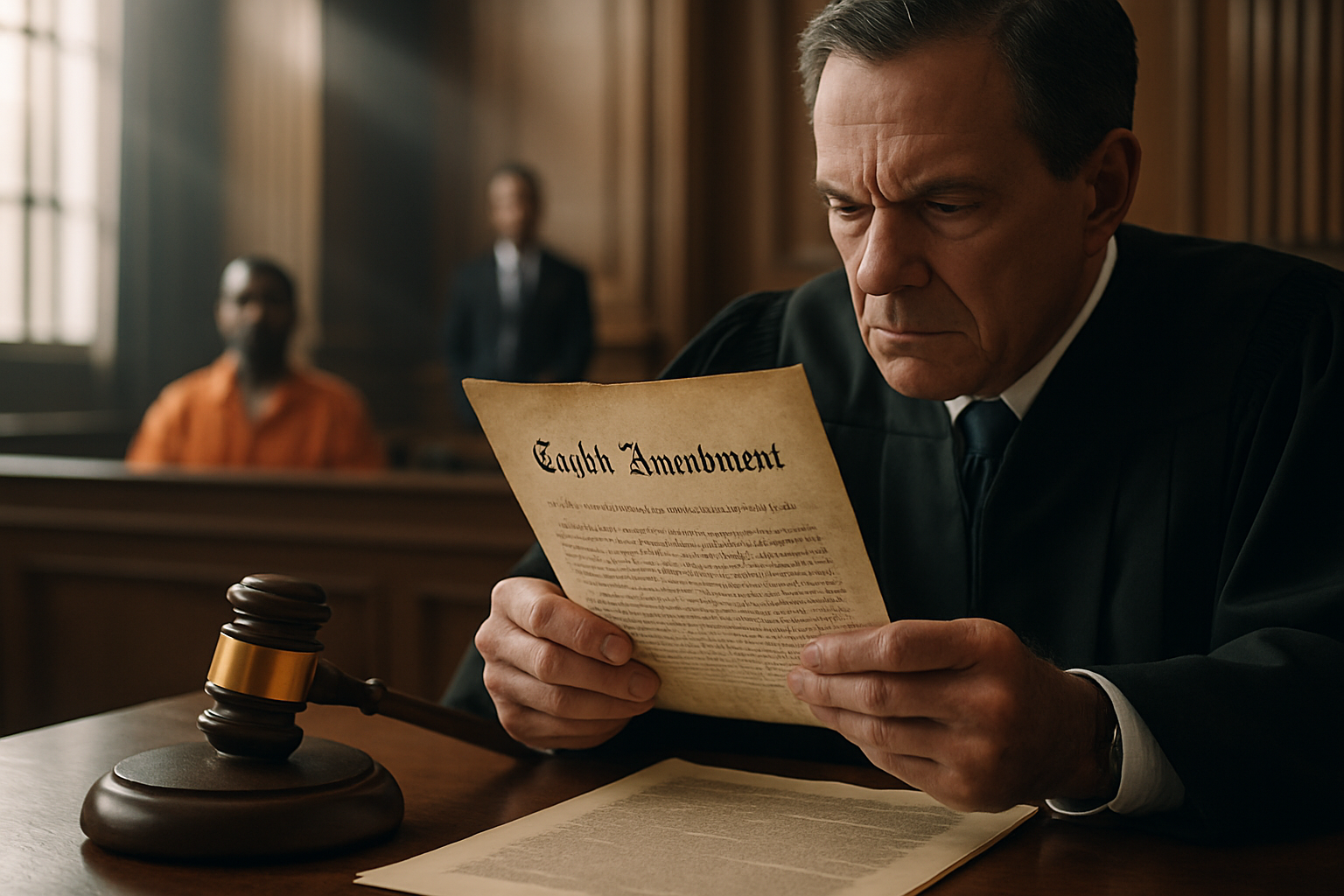Jury Nullification: An Overlooked Power in the Legal System
Introduction: In the intricate tapestry of the legal system, jury nullification stands as a controversial yet powerful thread. This little-known concept allows jurors to acquit defendants they believe to be guilty, effectively nullifying the law in specific cases. Despite its potential impact, jury nullification remains a topic shrouded in mystery and debate.

The Legal Status of Jury Nullification
While jury nullification is not explicitly outlined in the U.S. Constitution, it is an implicit power derived from several key legal principles. The Double Jeopardy Clause of the Fifth Amendment, which prevents the retrial of acquitted defendants, indirectly protects the practice. Additionally, the longstanding tradition of jury independence and the inability to punish jurors for their verdicts further solidify the de facto existence of jury nullification in the American legal system.
The Controversy Surrounding Jury Nullification
The concept of jury nullification is not without its critics. Opponents argue that it undermines the rule of law and can lead to inconsistent application of justice. They contend that allowing juries to disregard the law based on personal beliefs could result in discriminatory verdicts and erode public trust in the legal system. Supporters, however, view jury nullification as a crucial check on government power and a means to prevent the enforcement of unjust laws.
Notable Modern Cases of Jury Nullification
While explicit instances of jury nullification are rare, several high-profile cases have brought the concept into the spotlight. In recent years, cases involving medical marijuana use, assisted suicide, and civil disobedience have seen juries acquit defendants despite clear violations of the law. These cases have reignited debates about the role of jury nullification in contemporary society and its potential as a tool for social change.
The Ethical Dilemma for Legal Professionals
Jury nullification presents a unique ethical challenge for judges, prosecutors, and defense attorneys. While judges are generally prohibited from informing juries about their nullification power, some argue that withholding this information infringes on jurors rights. Prosecutors face the task of navigating trials where nullification may be a factor, while defense attorneys must carefully consider the risks and benefits of invoking the concept in their strategies.
The Future of Jury Nullification in a Changing Legal Landscape
As society evolves and new legal challenges emerge, the role of jury nullification continues to be debated. Some legal scholars advocate for more open acknowledgment of the practice, arguing that it serves as a vital democratic safeguard. Others propose reforms to limit its influence, seeking to strike a balance between jury independence and consistent application of the law. As the legal system grapples with issues like technology-related crimes and evolving social norms, the debate surrounding jury nullification is likely to intensify.
Education and Awareness: Key to Responsible Nullification
Given the potential impact of jury nullification, there is a growing call for increased education on the topic. Proponents argue that informed jurors are better equipped to wield this power responsibly, using it as a last resort against unjust laws rather than as a means to subvert the legal system. Public awareness campaigns and legal education initiatives could play a crucial role in shaping the future of jury nullification in the American justice system.
In conclusion, jury nullification remains a complex and contentious aspect of the legal landscape. As a powerful tool with the potential to shape the application of law, it continues to challenge our understanding of justice, democracy, and the role of citizens in the legal process. As society evolves, so too will the debates surrounding this overlooked power, ensuring its place as a fascinating subject of legal discourse for years to come.






